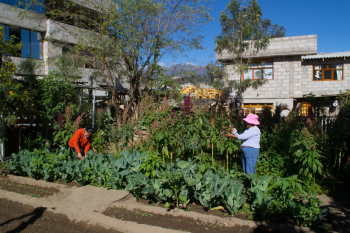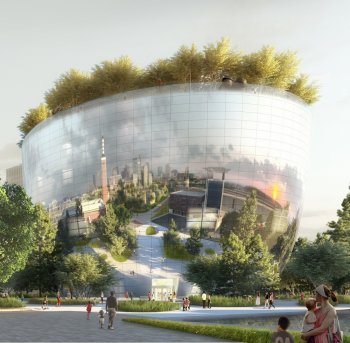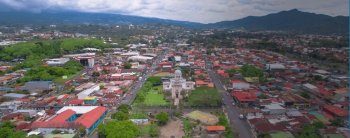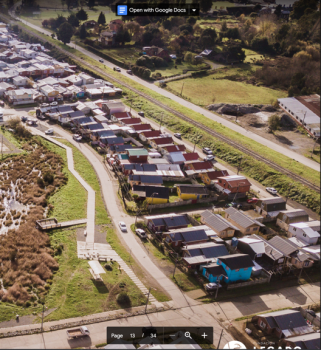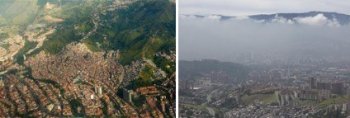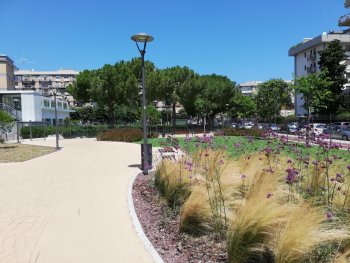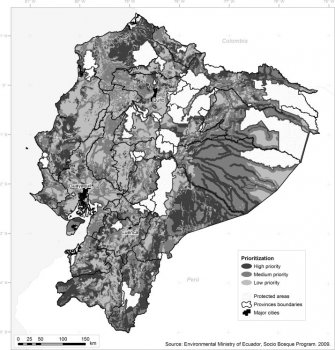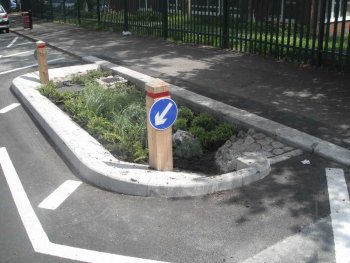Quito: Urban Agriculture as Nature Based Solution for facing Climate Change and Food Sovereignty
The project aims to tackle climate change, poverty and food provision, by supporting urban gardens on public or private land with community participation. The aims being food security and sovereignty, environmental management, employment and income improvement, social inclusion, sustainability and resilience.

